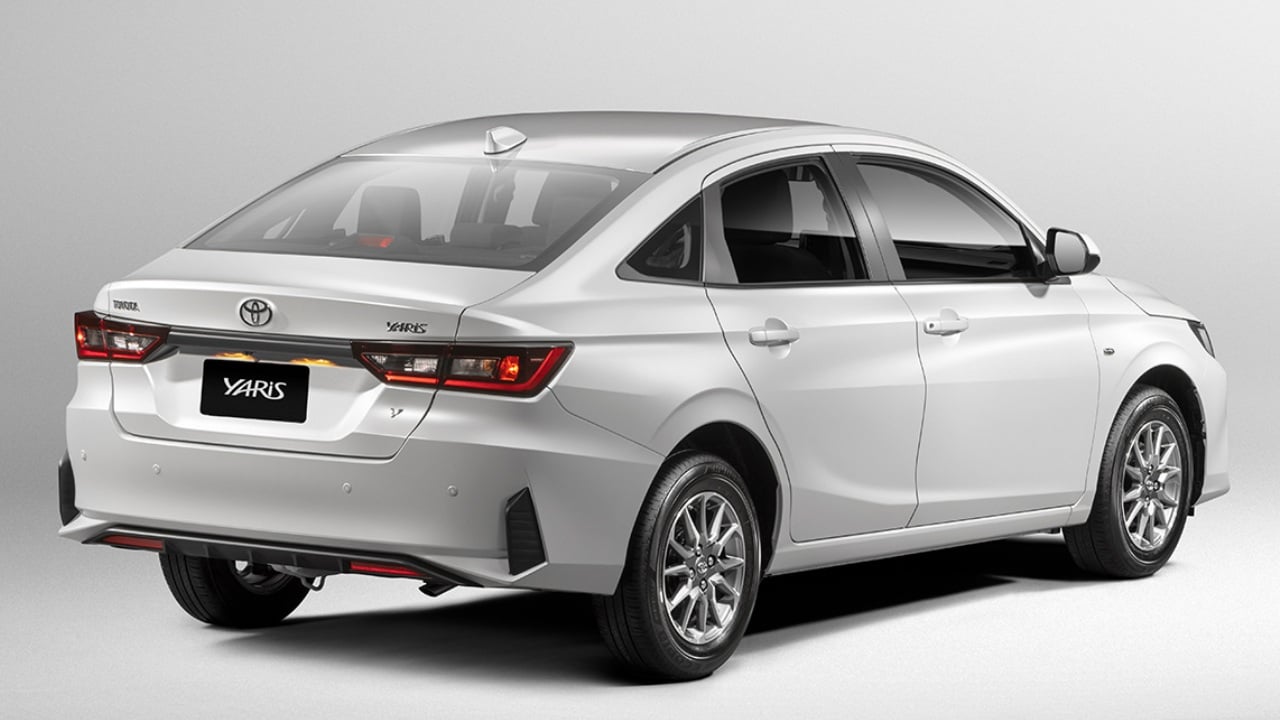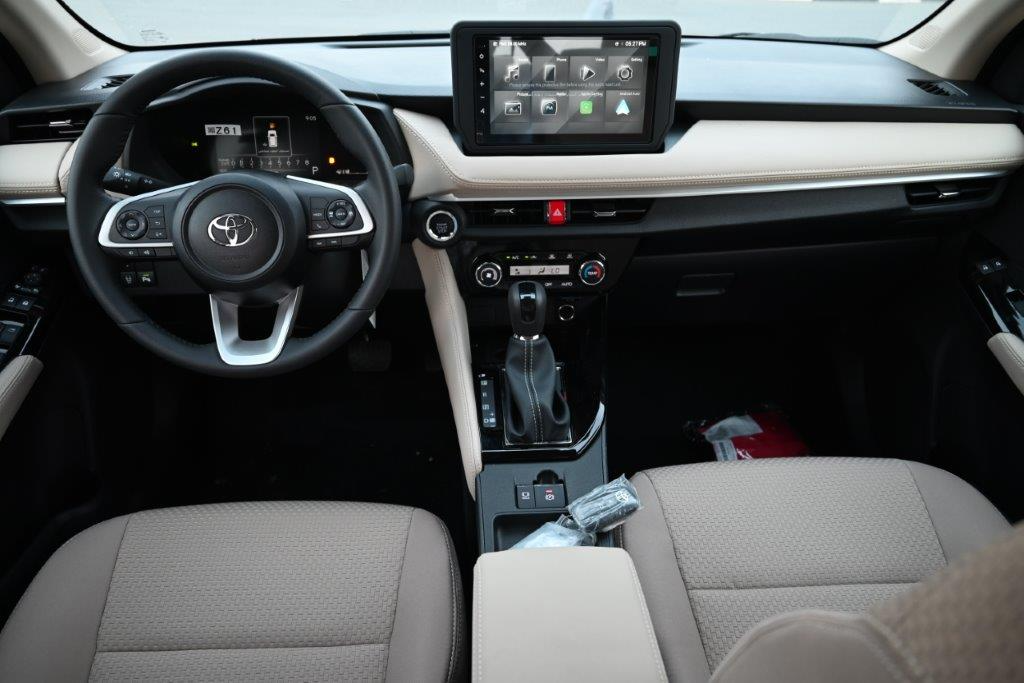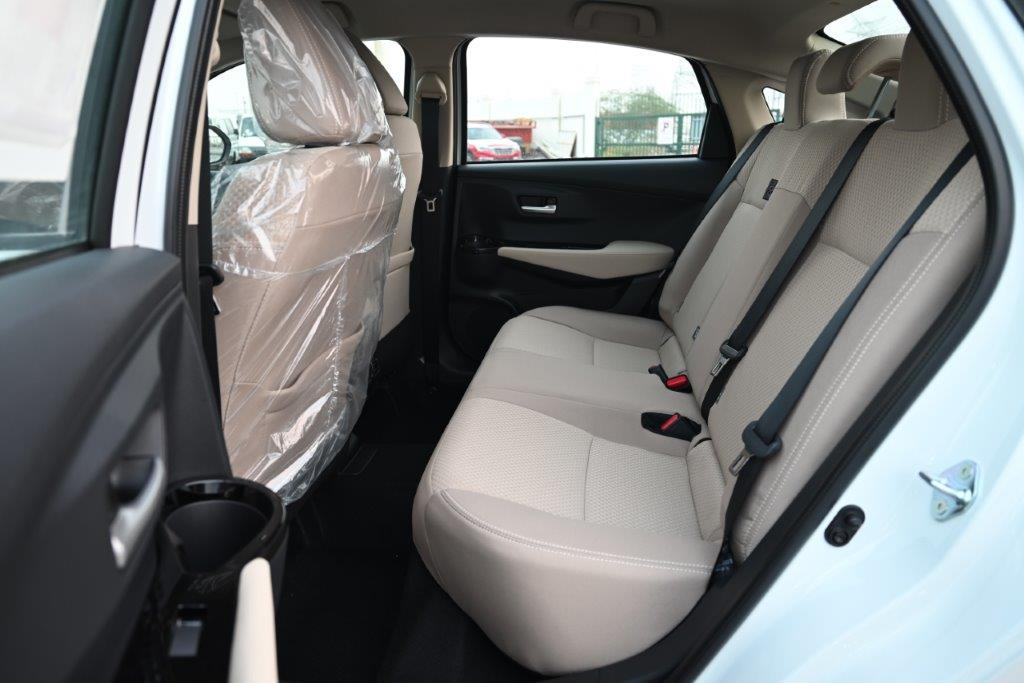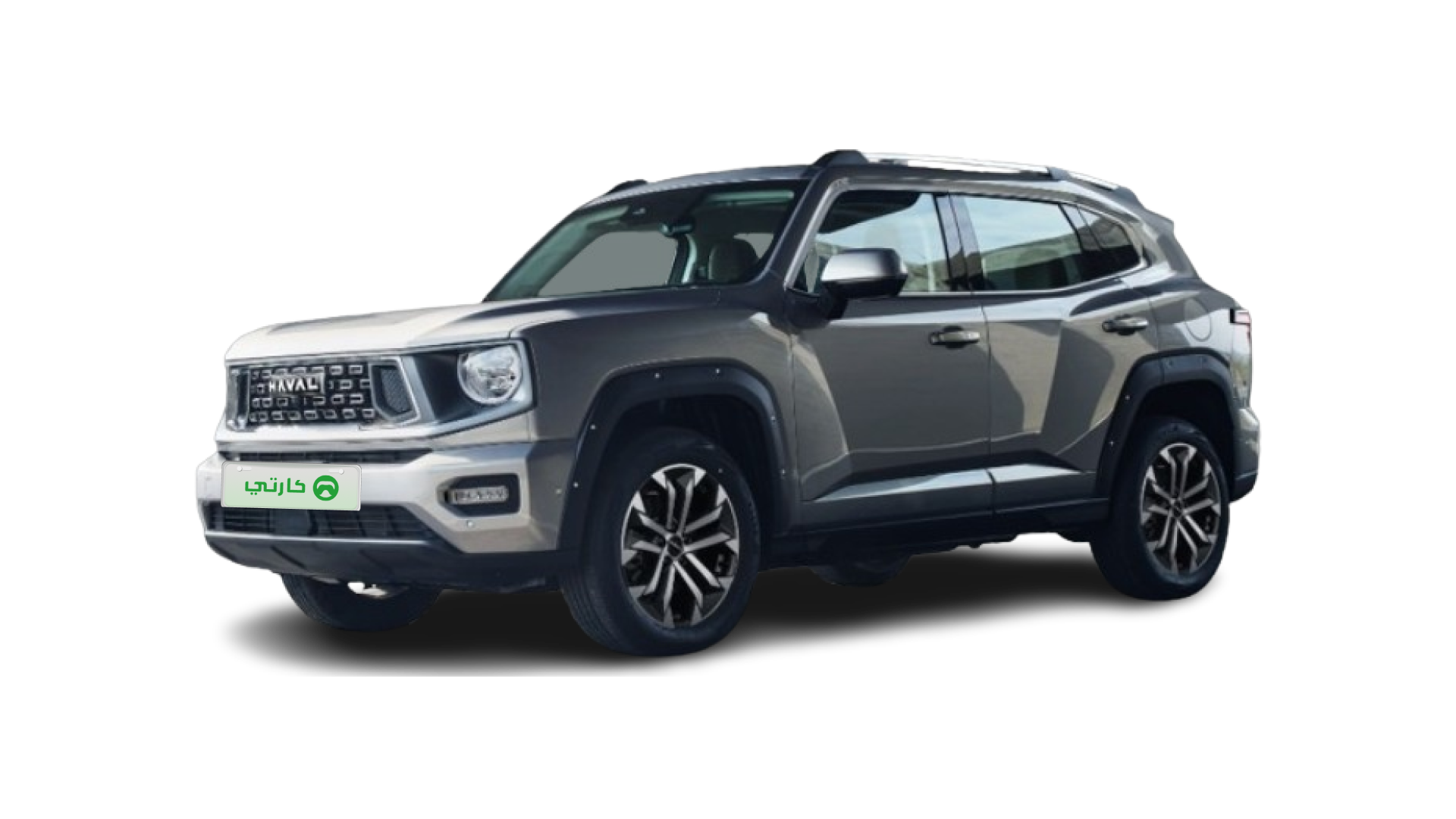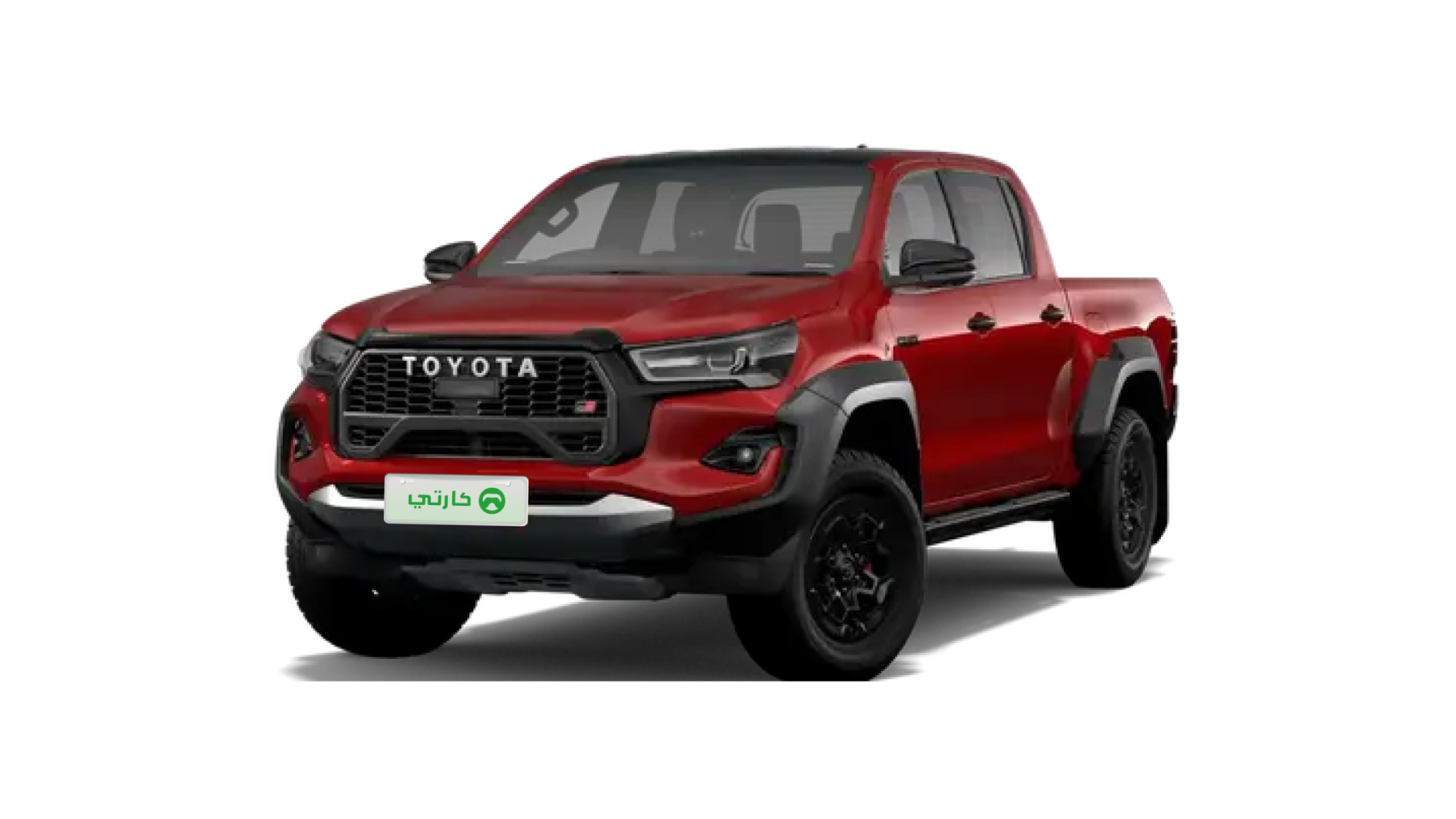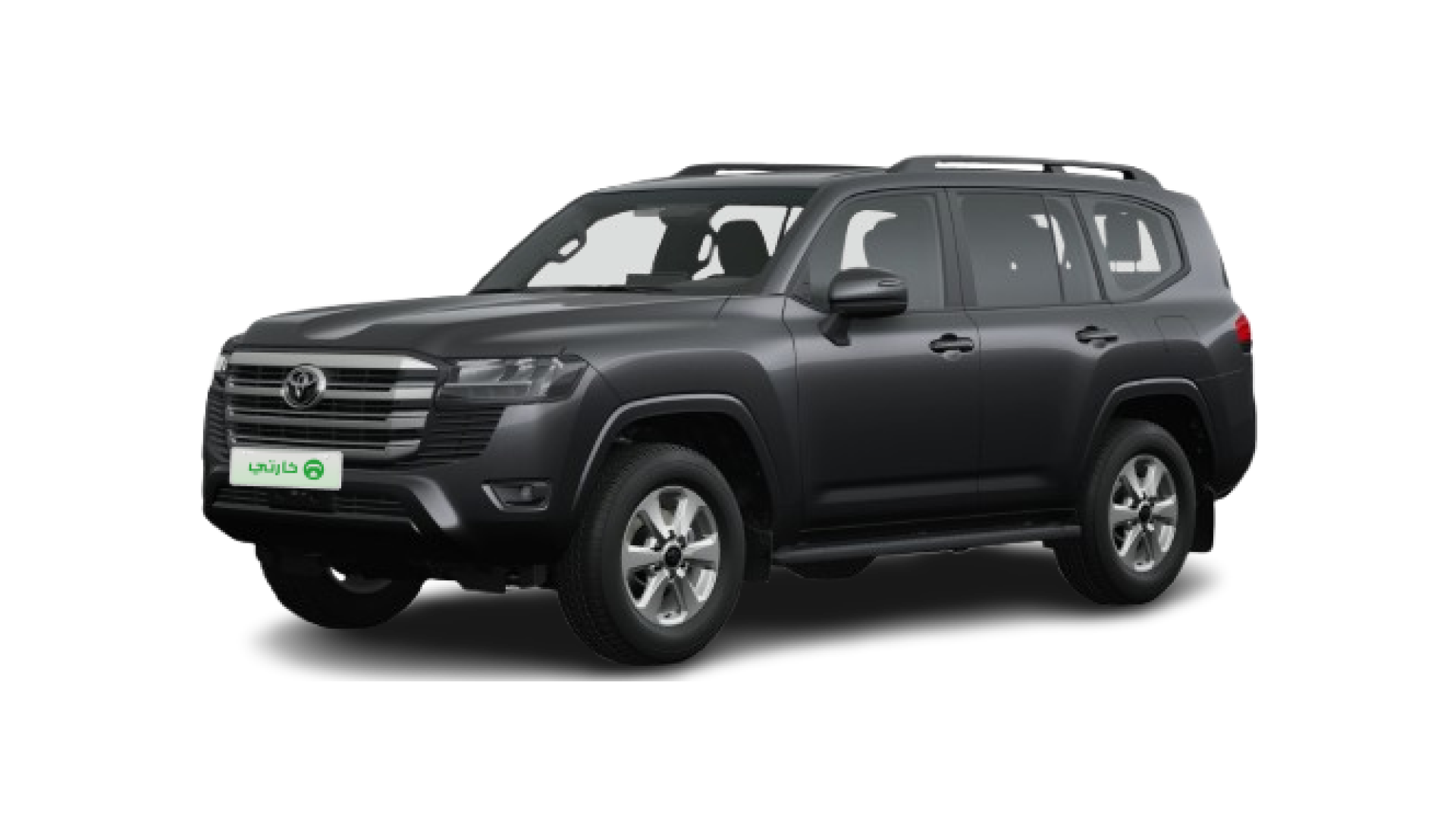Curious about the 2025 Yaris fuel tank capacity and how it can improve your daily driving experience? This guide walks you through the benefits of a 42-liter fuel tank, helps you understand its influence on fuel efficiency, and offers hands-on tips for maintaining optimal performance. Whether you’re a current owner or considering a purchase, you’ll find practical advice that fits your lifestyle.

How to Maximize Your Yaris' Fuel Efficiency
Understand Your 42-Liter Advantage
The 2025 Toyota Yaris boasts a 42-liter fuel tank designed to offer up to 680 kilometers of range under steady driving conditions. This impressive capacity means fewer trips to the pump and a smoother driving experience overall. To get the most out of your Yaris, consider the following steps:
Keep your tire pressure at the recommended level (around 35 PSI) to reduce rolling resistance.
Engage ECO mode during heavy city traffic to optimize fuel consumption.
Lighten your load by removing any unnecessary items that add extra weight.
Monitor your driving habits and adjust your acceleration and braking to promote efficiency.
Smart Refueling Practices
Smart refueling not only saves money but also enhances your vehicle’s performance. Use this simple chart to guide your fuel stops:
Situation | Optimal Fuel Level |
|---|---|
Daily commute | Maintain between 1/4 and 3/4 tank |
Highway trips | Refill when near 1/8 tank |
Hot weather | Keep above 1/4 tank to prevent vapor buildup |
Adopting these practices can protect your fuel system and ensure that you make the most of the Yaris fuel tank capacity in your day-to-day driving.
Technical Breakdown of the 2025 Fuel System
Advanced Tank Materials
The 2025 Yaris benefits from modern resin-composite tank materials that help reduce overall vehicle weight. This design enhances fuel economy and is built to handle the rigors of daily driving. Key features include:
Improved corrosion resistance, meaning fewer maintenance issues over time.
Extra impact absorption, which adds resilience during minor bumps or scrapes.
Better temperature regulation, helping the fuel stay stable even in warm weather typical of local conditions.
Fuel Pump Innovations
Toyota has redesigned its fuel pump assembly to further support the Yaris fuel tank capacity benefits. You may notice a smoother, quieter operation along with faster refueling times. The advantages include:
A 12% boost in refueling speed, meaning you spend less time waiting at the station.
Lower risks of vapor lock, particularly important in higher temperature environments.
A more refined and quiet operation that enhances your driving comfort.
Maintenance Essentials for Longevity
Quarterly Checks Every Owner Should Perform
Regular maintenance ensures your fuel system continues to perform at its peak. Here’s a checklist for every Yaris owner:
Inspect the fuel filler neck to ensure no debris has accumulated.
Test the integrity of the fuel cap seal to avoid evaporation losses.
Confirm the fuel gauge is accurately reading your fuel levels.
Check for unusual odors immediately after refueling, which could indicate a leak.
When to Replace Key Components
Certain parts need attention over time, so stay proactive:
Replace the fuel filter approximately every 80,000 km to keep impurities at bay.
Check and, if necessary, replace tank straps every 10 years to secure the fuel tank properly.
Inspect and replace vent valves if you experience sudden fluctuations in your fuel gauge readings.

Comparing Compact Car Fuel Systems
Segment Benchmarks (2025 Models)
To help you see where the Yaris stands among its peers, consider the following comparison table:
Model | Tank Capacity | Average Range |
|---|---|---|
42L | 680 km | |
38L | 615 km | |
40L | 650 km |
The superior fuel tank capacity of the Yaris translates into fewer fuel stops and smoother long-distance driving. It means less hassle for daily commuters who value both efficiency and convenience.
Why Capacity Matters in Urban Driving
When navigating busy roads, a larger fuel tank can be a real game changer. With a 42-liter tank, you benefit from fewer trips to refuel and enjoy improved fuel stabilization during stop-start traffic conditions. Fewer stops mean more predictable fuel budgeting, especially when considering local fuel prices in AED/SAR.
Future Trends in Fuel Storage
Looking ahead, automotive trends indicate several exciting innovations in fuel storage systems:
Self-sealing technologies that reduce the impact of punctures or leaks.
Integrated fuel condition sensors that offer real-time feedback on fuel quality.
Modular tank designs that support emerging hybrid technologies.
Solar-assisted vapor recovery systems to further boost fuel economy in fluctuating temperatures.
Each of these trends reflects Toyota’s commitment to enhancing both fuel efficiency and overall vehicle performance. Keep an eye on these developments as they may influence future models and upgrade possibilities for your current Yaris.
FAQ
Q1:How does the 42-liter fuel tank impact daily driving costs?
The larger fuel tank significantly reduces the frequency of refueling stops, which can directly cut down your overall spending. With fewer interruptions during your daily commute, you also experience improved convenience. In areas with higher local fuel prices (AED/SAR), every liter saved counts. This balance makes the Yaris a cost-effective choice for urban drivers who are looking to optimize fuel usage.
Q2:What maintenance steps can help prolong the life of my fuel tank?
Regular inspections of the fuel filler, cap seal, and vent valves are crucial for long-term performance. Adhering to a quarterly maintenance checklist can prevent minor issues from evolving into costly repairs. It ensures that the tank remains in optimal condition to support the improved fuel efficiency and overall performance of your vehicle. Staying vigilant and addressing issues as they arise is key to maximizing the Yaris fuel tank capacity benefits.
Q3:Are there any new technologies in the 2025 Yaris fuel system I should be aware of?
Yes, the 2025 Yaris incorporates advanced resin-composite materials and innovative fuel pump designs. These upgrades contribute to a lighter fuel system and faster refueling speeds. Enhanced cooling and vapor-lock prevention make these technologies particularly beneficial for urban driving conditions. This modern approach not only meets GCC standards but also offers improved longevity and performance over previous models.
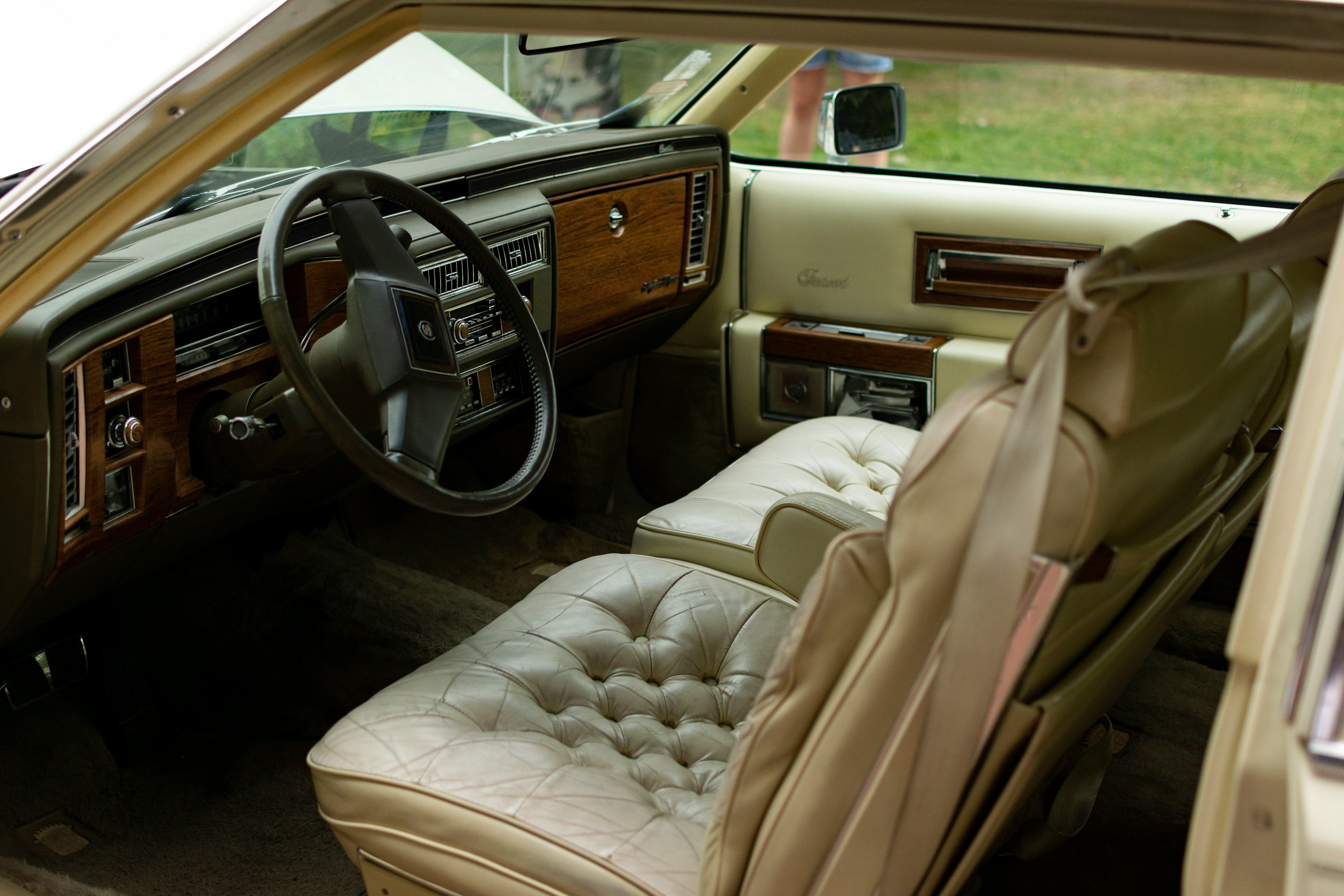
Q4:How does the fuel tank capacity compare with other compact cars in my region?
When compared with other compact models, the Yaris stands out with its 42-liter capacity that translates to around 680 km of driving range. Other vehicles, such as the Nissan Micra and Hyundai i20, typically offer less capacity and a shorter driving range. This means that on a day-to-day basis, you might experience fewer interruptions for refueling, contributing to overall convenience and operational cost-effectiveness. This difference is particularly noticeable in urban settings where you value an extended range.
This article is for reference only; please refer to local laws and regulations for the most up-to-date guidelines.
Read More:
How Many Cylinders Does a Toyota Raize Have? 2025 Guide
Toyota Land Cruiser vs Nissan Patrol:Which Is Better in 2025?
5 pics

My passion for cars began long before my journey into automotive journalism in 2015. Even though I'm originally a pharmacist, the thrill of speed, elegant designs, and roaring engines has always had my heart. Today, I channel this passion by exploring the newest cars and sharing my experiences with fellow car enthusiasts across the GCC.


